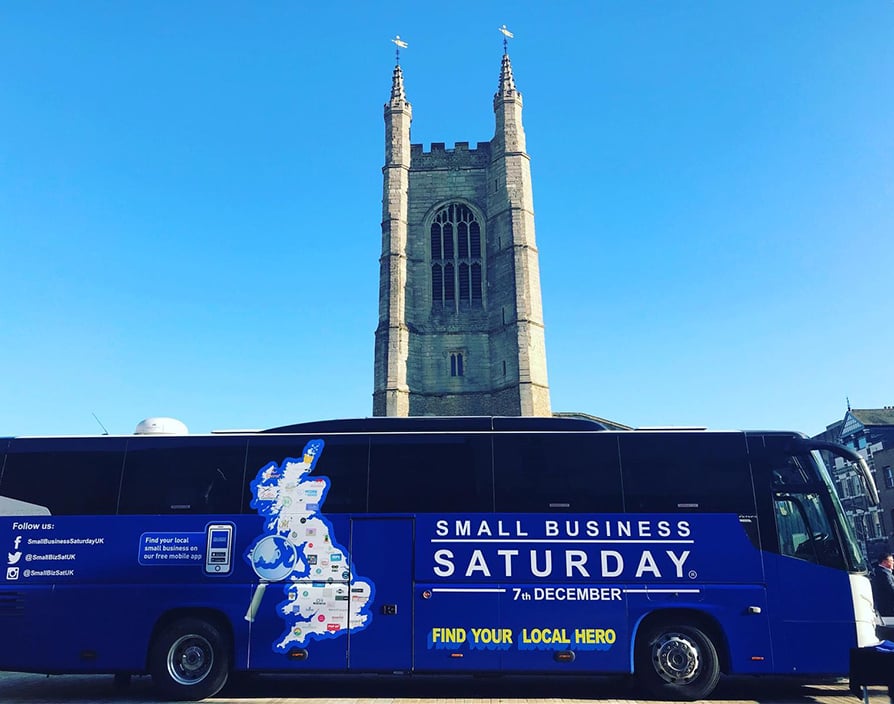What do small businesses want to see from political party manifestos this week? It’s a question up for much debate as all parties line up to list their top small business fan favourite commitments this week. From business rates to late payments, the usual suspects were all present, and of course largely correct.
But policy for this sector needs to be more than a list of promises. Small businesses are not a niche market that you can tick off on one day of the campaign, they are critical to all areas of government – the NHS, education, defence, technology, foreign policy and more.
Small businesses are not a sub-sector that can simply be appeased by fiscal reassurance. They are a 5.8 million-strong group that make up 99.3%
of all UK businesses, around half of our entire private sector turnover (more
than £2 trillion), and almost 17 million employees.
With Small Business Saturday set to take place for the seventh consecutive year, just five days before Britain heads to the polls, now is the right time for candidates up and down the country to deliver the message that small businesses in their constituencies want to hear: one of confidence and ambition.
This has been touted as the ‘Brexit election’ and for those in the Westminster bubble, perhaps it is. But for 60% of UK employees, this election needs to be about hope for a future that instils more confidence and optimism.
Thousands of candidates will spend the next few weeks campaigning in the UK’s 650 constituencies, with an average of almost 9,000 small businesses in each. Campaigners need to have an optimistic message for small businesses in the area just as they would for their wider constituents; one that says: ‘we recognise you and the value you create here, and we want to give you the tools to succeed’.
The Federation of Small Businesses’ confidence index has put small business confidence in negative territory for an unprecedented fifth consecutive quarter; yet despite the negativity, we have seen a net gain of more than 200,000 UK small businesses in the last year. Throw in a barrel full of positivity from prospective leaders rather than doom and gloom, then this number will only grow further.
It is true we have seen a number of high street staples closing their doors for the last time over the past couple of years, but this is not a case of the ‘dying high street’, more a change in consumer tastes. Research from Small Business Saturday principal supporter American Express found last year that consumer demand for experiential businesses was in fact growing. Businesses that take note will have an optimistic future.
We’re not just a ‘nation of shopkeepers’, but a nation of coffeeshops and salons, escape rooms and cinemas, website developers and therapists. Thanks to innovative founders with an understanding of these market trends, as well as the continued growth of online services, and community-minded health and wellbeing practices, the future is bright for small businesses.
Small businesses are a ready-made support system for their communities. They provide jobs to local people who may be down on their luck, starting out in their careers, or returning to work following long absences; they volunteer their time in community organisations – on average, each small business commits more than one
working day per month to community work; and they act as important relief on our welfare system, a social prescription for individuals who may be struggling.
These are the positive messages that should be showcased by our political leaders during their campaigns. This festive election season, the best present our 5.8 million small business heroes could get is a set of manifestos that offer recognition of the incredible work they do and a cross-party commitment to ensuring they continue to thrive.
Share via:









































